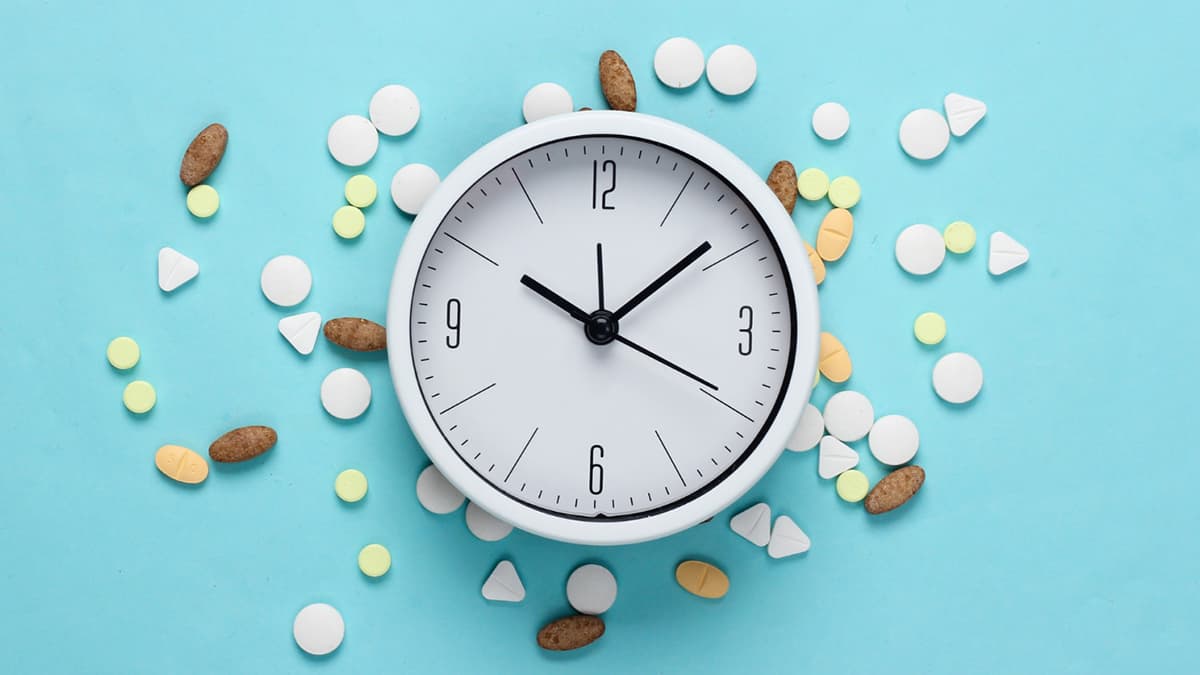Sleep can be a real struggle sometimes. Between work deadlines, that ever-present screen glare, and the general chaos of life, achieving a good night’s rest can feel like winning the lottery.
But before you resign yourself to another night of scrolling through memes at 3 a.m., consider some of the best vitamins and supplements for men, which can be the key to unlocking a deeper, more restful sleep.
Why Sleep Matters For Men Especially?
Sleep isn’t some luxury reserved for the weak. It’s a biological necessity, as crucial for peak performance as that morning protein shake. For men, in particular, quality sleep is linked to a whole host of benefits, including:
1. Testosterone Production
Catching sleep helps your body produce optimal levels of testosterone, the hormone that fuels muscle growth and overall well-being.
2. Stress Management
A good night’s sleep makes you better equipped to handle the daily grind. Chronic sleep deprivation, on the other hand, can exacerbate stress hormones, leading to anxiety and mood swings.
3. Physical Recovery
Sleep is when your body repairs itself. Adequate shut-eye is essential for muscle recovery after workouts and helps prevent injuries.
4. Cognitive Function
Sleep deprivation zaps your brainpower. Adequate sleep improves focus, memory, and decision-making, keeping you sharp throughout the day.
The Role of Vitamins and Minerals In Sleep
So, how exactly can vitamins and supplements help you achieve sleep superhero status? It all boils down to the intricate dance of nutrients in your body. Deficiencies in certain vitamins and minerals can disrupt your sleep cycle and leave you tossing and turning. Here’s a look at some key players:
1. Magnesium
This essential mineral acts as a natural relaxant, calming the nervous system and promoting muscle relaxation. Studies suggest that magnesium deficiency can be linked to insomnia.
2. Melatonin
This hormone regulates your body’s internal clock (circadian rhythm), signaling to your brain when it’s time to wind down. Melatonin production naturally declines with age, and supplementation can be helpful for those struggling to fall asleep.
3. Vitamin D
Research suggests a link between low vitamin D levels and sleep disturbances. Vitamin D helps regulate the sleep-wake cycle, and adequate intake might improve sleep quality.
4. B Vitamins
B vitamins, particularly B6 and B12, play a role in the production of neurotransmitters like serotonin, which helps regulate mood and sleep patterns. Deficiencies in these vitamins can contribute to sleep problems and anxiety.
Choosing The Right Supplements For You
Before diving headfirst into the supplement aisle, it’s important to remember that they’re not a magic bullet. Underlying health conditions or sleep disorders might require a doctor’s intervention. However, if you suspect a nutrient deficiency might be impacting your sleep, consider these tips:
1. Talk To Your Doctor
Discuss your sleep issues and get a blood test to check for any deficiencies. They can advise you on the appropriate dosage and potential interactions with any medications you’re taking.
2. Focus On Quality
Opt for reputable brands that use high-quality ingredients. Look for third-party certifications like USP (U.S. Pharmacopeia) or NSF International for added assurance.
3. Start Low, Go Slow
Begin with a low dose of any new supplement and gradually increase it if needed, which helps your body adjust and minimizes the risk of side effects.
Optimizing Your Sleep Environment
1. Develop a Sleep Schedule
Go to bed and wake up around the same time each day, even on weekends. This helps regulate your body’s natural sleep-wake cycle.
2. Create a Relaxing Bedtime Routine
Take a warm bath, read a book, or practice light stretches before bed. Avoid screen time for at least an hour before sleep, as the blue light emitted can disrupt your sleep cycle.
3. Optimize Your Sleep Environment
Make sure your bedroom is dark, quiet, and cool. Invest in blackout curtains, earplugs, and a comfortable mattress.
4. Limit Caffeine and Alcohol
Both substances can interfere with sleep quality. Avoid caffeine in the afternoon and evening, and limit alcohol consumption, especially close to bedtime.
Bottomline
Getting enough sleep is vital for men’s overall health and well-being, and consistency is key here. Stick to your sleep routine, prioritize good sleep hygiene, and don’t be afraid to experiment with different supplements under your doctor’s guidance. With a little effort, you can transform yourself from a sleep-deprived warrior to a sleep champion.








Leave a Reply
You must be logged in to post a comment.